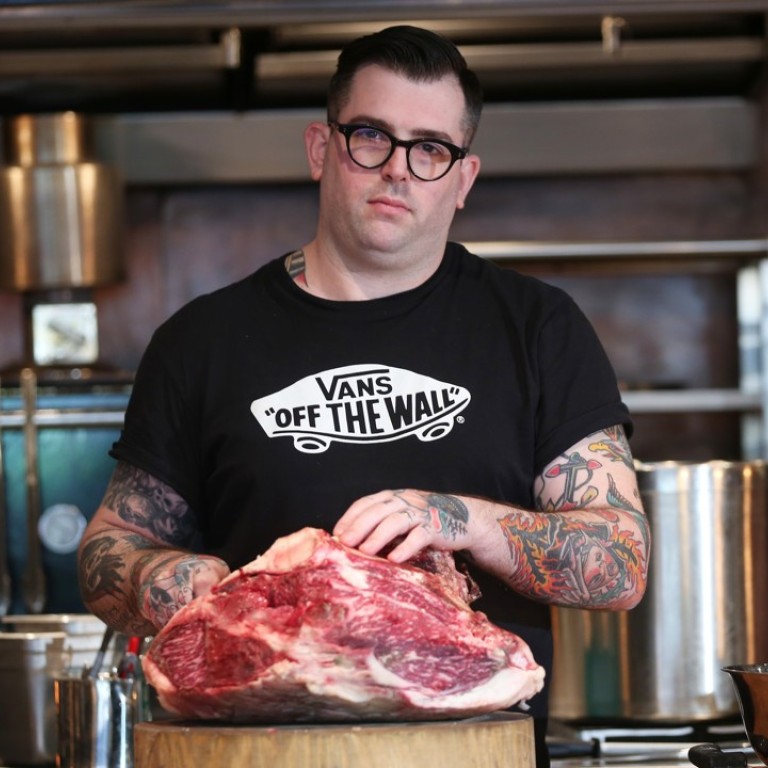
Hong Kong’s ‘Hunger Games’ restaurant culture follows movie blockbuster model – money hungry, fast and fickle
The city’s food scene is precarious. With 14,000 restaurants, competition is stiff. Some don’t last long. Many restaurateurs have turned the industry into show business to stay afloat, flaunting celebrity chefs and kitchen special effects
A lot of people were disappointed when Hong Kong restaurant Rhoda announced it will close in September. I say, don’t be.
I have nothing against Nathan Green. He’s a terrific chef and the few times I dined at Rhoda, which opened in 2016, were very enjoyable. But honestly, it’s not an iconic institution that inspires sympathetic tears or sentimental condolences. The fact is, it is a business. If it was really so beloved, it wouldn’t be closing for “financial reasons” – i.e. not enough customers.
A grilling ride ends: Rhoda, meat lovers’ paradise, to close next month
Chef Green will be fine. He’ll move on with another restaurant soon. As far as I know, Yenn Wong’s JIA Group is keeping the leased space in Sai Ying Pun, and I am sure she will develop another cool concept that will generate a lot of opening buzz. I hope the new refashioning will have more legs and longevity.

However, I no longer develop attachments to restaurants. Those days are gone. I could probably count on one hand the number of establishments that still exist from my childhood. It seems that more restaurants are opening in Hong Kong than ever before – but there are also more closing. I can’t keep up with the new launches from the sudden shutterings and turnovers.
Dan Ryan replacement shut after two years: amazing it lasted so long
Food and beverage enterprises used to plot long-term financial arcs: 10 to 15 years at least. Now, investors create business plans of only three to five years. The blame partly goes to greedy landlords who only tender short-term leases. That way, if a restaurant manages to survive or even thrive, these jackals will exorbitantly raise the rent to grab a share of someone else’s hard work. This is why even some successful establishments close.
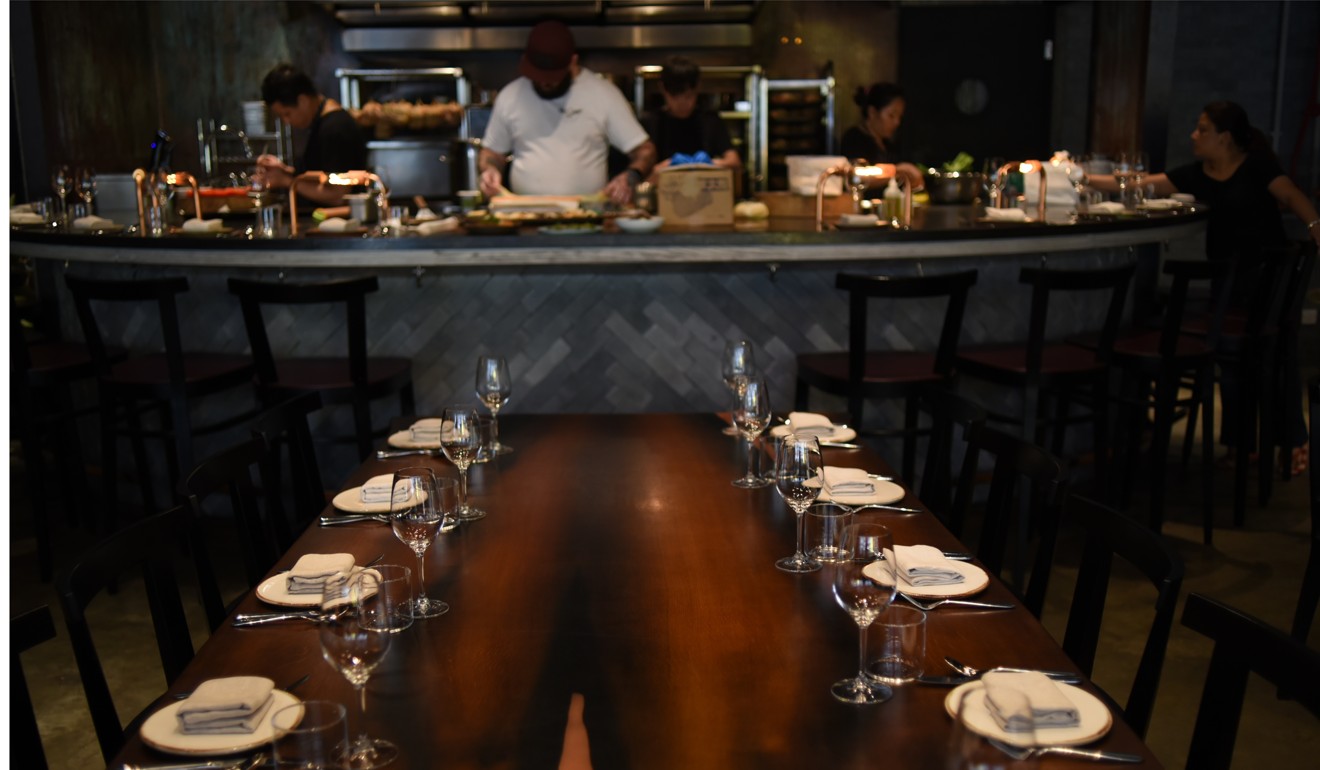
The priority for food and beverage entrepreneurs now is to score fast and quick, because the future is precarious and unpredictable. As a result, the life cycle of dining establishments gets shorter and shorter. In this way, the industry has emulated the blockbuster movie model.
Restaurants now have to open big and be a major event. The key is to have a gigantic launch, pack ’em in full, and make the money back in the first or second year – the way The Fast And Furious films aim for one or two big box-office weeks. There’s no room for small quirky bistros to slowly develop an audience the way indie films would back in the day. The business now requires restaurants to be like Marvel movies – backed with a star chef, kitchen special effects, a supporting cast of a sommelier and pastry chef, and award-winning design.
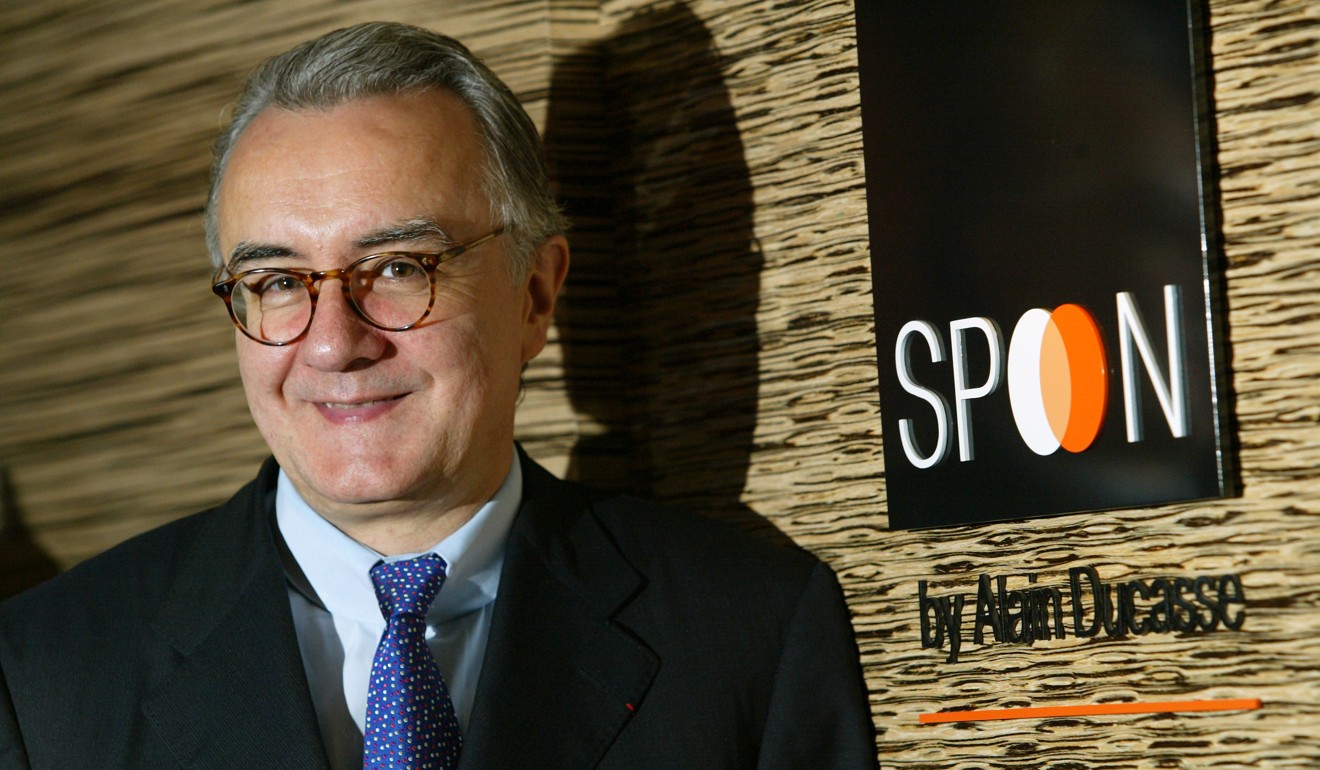
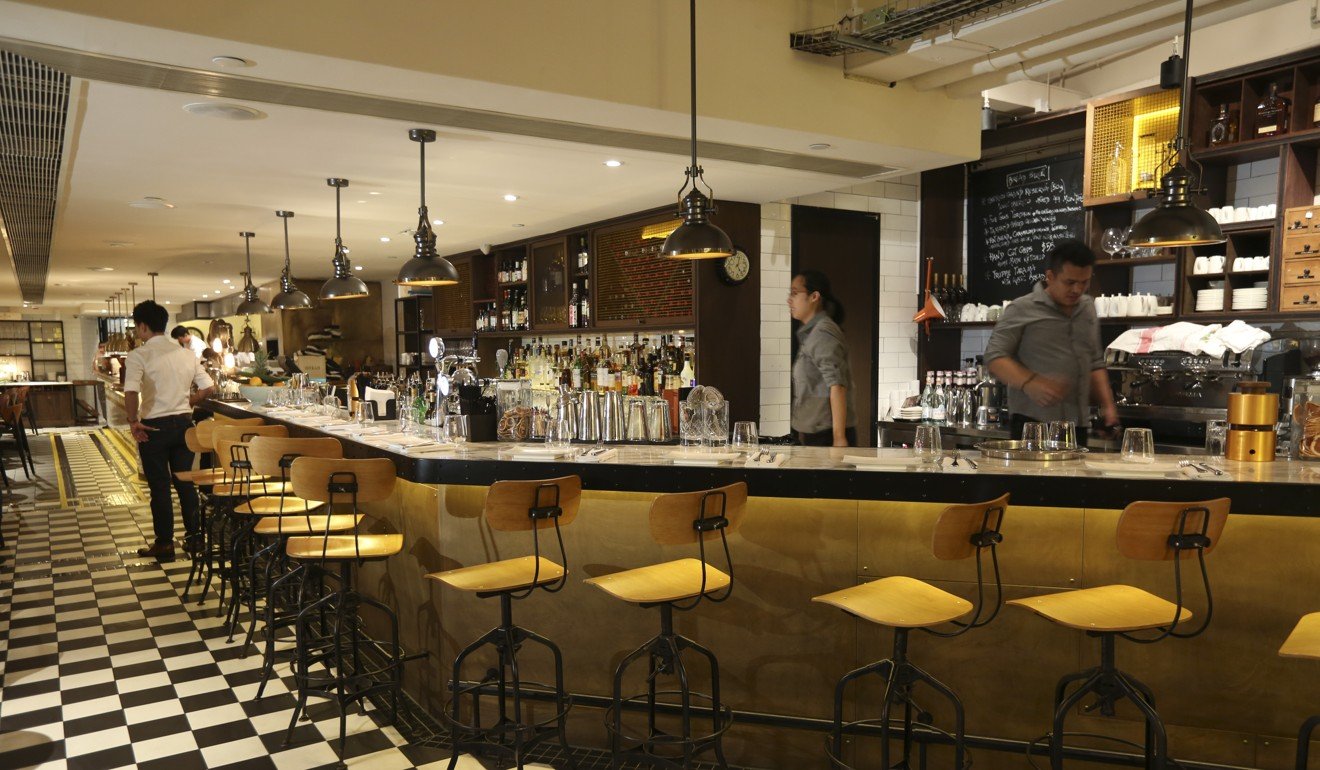
You also have food and beverage brands that aren’t dependent on star chefs. Caprice remains a gastronomic hit with chef Guillaume Galliot in the lead, taking over from chef Fabrice Vulin. Like any James Bond sequel, it’s about doing the same but different. (You can decide who is Daniel Craig and who is Pierce Brosnan.)
Whatever the project, with so much on the line and so much competition, new openings need to be a hit on day one because another gastronomic equivalent of a Marvel film is likely going to grab all the headlines next week.
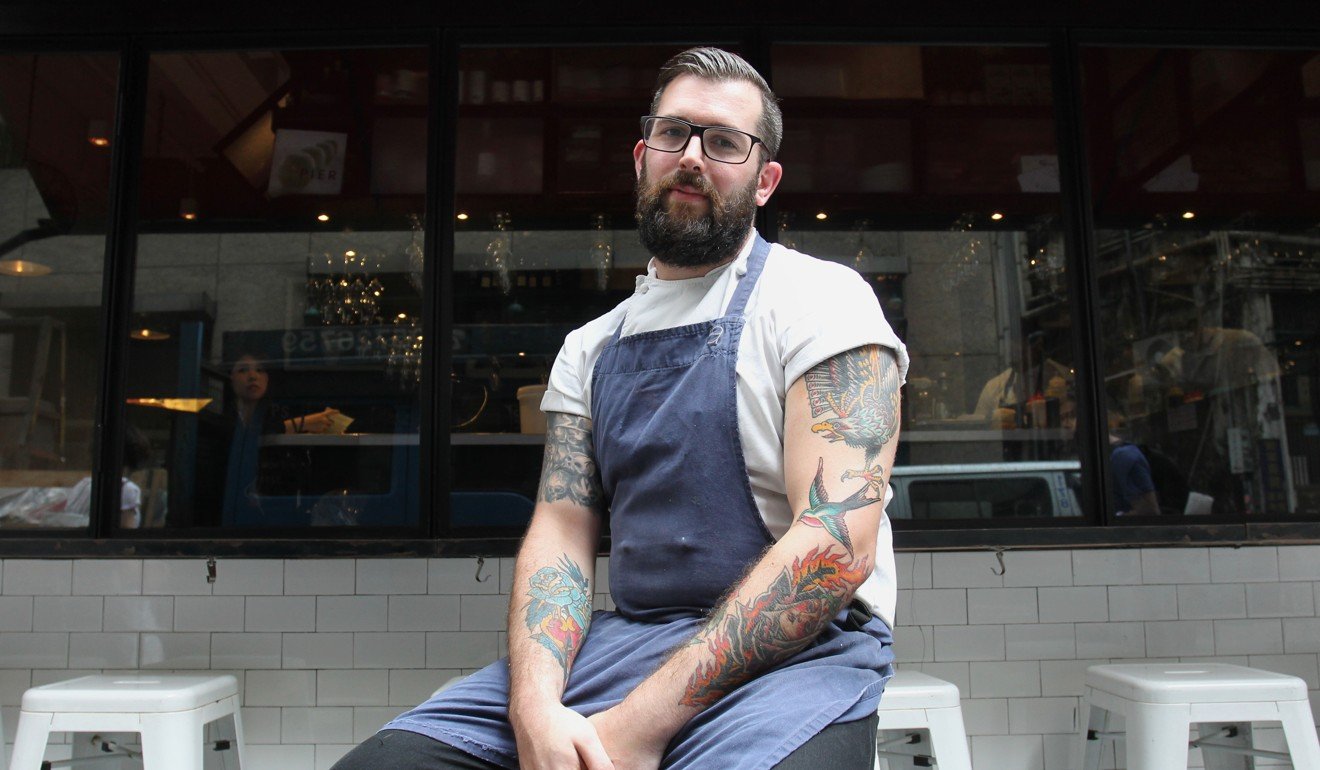
At 22 Ships and Rhoda, Nathan Green proved he’s a bankable talent, so I’m sure he’ll find another star vehicle soon. I am also curious to see what new adaptation Yenn Wong greenlights for the rest of the cast and crew of Rhoda.
All I know for sure is the industry now feels a lot like The Hunger Games. For whoever volunteers as tribute, may the odds be ever in your favour.

